Functional fabrics: New research paper explores how biofunctional textiles can prevent 'maskne'
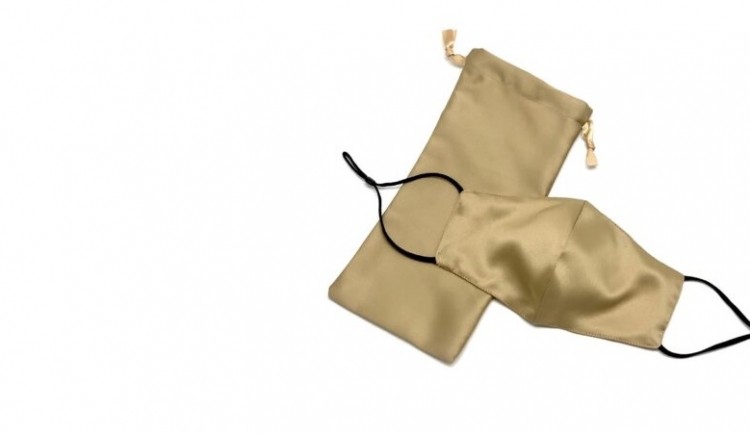
Maskne, a term coined during the novel coronavirus (COVID-19) pandemic, is a variant of acne mechanica, previously associated with headgear or personal protective equipment (PPE).
According to this research letter by dermatologist Dr Teo Wan Lin, maskne is clinically defined as “onset of acne within six weeks of start of regular face mask wear or exacerbation of acne over the masked area, a distinct pattern referred to as the O-zone”
The paper excludes differential diagnoses including perioral dermatitis, seborrheic dermatitis, pityosporum folliculitis, acne rosacea.
Teo noted that maskne was most likely a disorder of follicular occlusion, directly related to mechanical stress such as friction, and microbiome dysbiosis due to factors like heat.
“Both of these are affected by increased duration of mask-wear. Tropical climates, outdoor exposure, are risk factors for acne-susceptible populations,” said Teo.
Design guidelines of anti-acne masks
To prevent maskne, Teo proposed a few guidelines to design a protective face mask.
She recommended synthetic biofunctional textiles as the ideal material as they have high evaporation and are water-resistant, preventing biofluid spread.
“High thread count, tightly woven fabrics have higher [ultraviolet protection factor] and minimise textile-skin friction,” Teo added.
Natural fibres, on the other hand, wick moisture but have increased fluid saturation, heightening discomfort and the sensation of stickiness.
Teo also suggested that a mask should have light colours or reflective surfaces to disperse heat and should omit abrasive metallic parts that also cause nickel sensitisation.
Furthermore, she stated that reusable fabric masks should allow for movement while speaking, with minimal displacement over orifices.
Copper masks?
To incentivise mask-wearing, Teo proposes that companies can look into biofunctional textiles with ultraviolet protection factor (UPF), antioxidant and anti-ageing benefits.
Recently, Teo developed an anti-ageing and anti-acne copper silk face mask for her cosmeceutical company Dr TWL Dermaceuticals.
The mask is made from a copper fabric that was engineered with copper nanoparticles impregnated on synthetic polyester and has UPF50+ broad-spectrum protection.
“Copper peptides are useful for the skin as an antioxidant as well as a hair regrowth agent when applied on the scalp. It works as a potent antioxidant as it scavenges for free radicals. What many may not know is that copper ions can be impregnated into fabrics as well.”
Additionally, copper fabrics also have antibacterial, antifungal and general antimicrobial functions.
“[Copper] has been used in the hospital and medical settings for a long time. Because of these properties, they have been incorporated into hospital scrubs and surfaces. Acne itself is partly caused by bacteria. The use of copper can help to reduce the bacterial count in individuals who suffer from moderate to severe acne.”
According to Teo, the material is able to maintain the active copper activity even after several washes.
Source: Journal of the American Academy of Dermatology (2020)
Diagnostic and Management Considerations for ‘Maskne’ in the Era of COVID-19
Authors: Teo W-L
![Amorepacific has illustrated how wearing a protective face mask can adversely affect the skin [Amorepacific]](/var/wrbm_gb_food_pharma/storage/images/_aliases/wrbm_medium/publications/cosmetics/cosmeticsdesign-asia.com/headlines/formulation-science/amorepacific-research-demonstrates-how-skin-is-affected-by-long-term-use-of-protective-face-masks/11993111-1-eng-GB/Amorepacific-research-demonstrates-how-skin-is-affected-by-long-term-use-of-protective-face-masks.jpg)
![BASF launches novel fermented ingredient to curbs the overgrowth of microbials.[GettyImages]](/var/wrbm_gb_food_pharma/storage/images/_aliases/wrbm_medium/publications/cosmetics/cosmeticsdesign-asia.com/headlines/formulation-science/basf-eyes-apac-s-sensitive-skin-category-with-microbiome-friendly-fermented-ingredient/11920296-1-eng-GB/BASF-eyes-APAC-s-sensitive-skin-category-with-microbiome-friendly-fermented-ingredient.jpg)
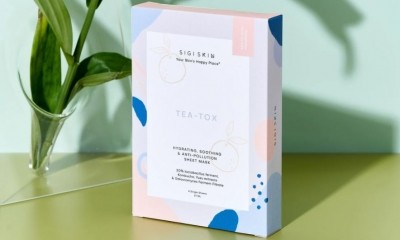

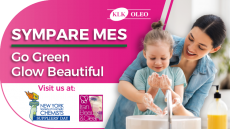

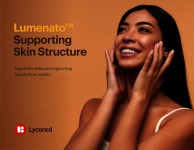
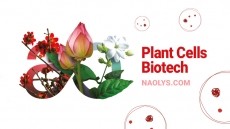

![CosmeticsDesign’s editors on ingredients innovation at in-cosmetics Global 2024. [Getty Images]](/var/wrbm_gb_food_pharma/storage/images/_aliases/wrbm_tiny/publications/cosmetics/cosmeticsdesign-asia.com/article/2024/04/29/top-3-ingredients-innovations-at-in-cosmetics-global-2024/17376021-1-eng-GB/Top-3-ingredients-innovations-at-in-cosmetics-Global-2024.jpg)
![Esmi Skin Minerals has launched with Sephora in SEA. [Esmi Skin Minerals]](/var/wrbm_gb_food_pharma/storage/images/_aliases/wrbm_tiny/publications/cosmetics/cosmeticsdesign-asia.com/headlines/brand-innovation/esmi-skin-minerals-aims-to-tap-into-skin-barrier-strengthening-needs-in-sea/17362569-1-eng-GB/Esmi-Skin-Minerals-aims-to-tap-into-skin-barrier-strengthening-needs-in-SEA.jpg)


![[Getty Images]](/var/wrbm_gb_food_pharma/storage/images/_aliases/wrbm_tiny/publications/cosmetics/cosmeticsdesign-asia.com/china/china-focus-latest-developments-in-china-s-booming-beauty-market22/17370102-1-eng-GB/China-focus-Latest-developments-in-China-s-booming-beauty-market.jpg)
![YSL's LoveShine launch has sparked a demand surge in Japan. [YSL]](/var/wrbm_gb_food_pharma/storage/images/_aliases/wrbm_tiny/publications/cosmetics/cosmeticsdesign-asia.com/article/2024/04/24/ysl-loveshine-launch-propels-lip-gloss-sales-to-record-highs-in-japan-since-2020/17372064-1-eng-GB/YSL-LoveShine-launch-propels-lip-gloss-sales-to-record-highs-in-Japan-since-2020.jpg)
![There is significant scope for innovation and new launches in the hair repair sector, especially in soaring markets such as China. [Getty Images]](/var/wrbm_gb_food_pharma/storage/images/_aliases/wrbm_tiny/publications/cosmetics/cosmeticsdesign-asia.com/article/2024/04/24/croda-zeroes-in-on-hair-repair-solutions-as-damage-hair-concerns-surge-in-markets-like-china/17362731-1-eng-GB/Croda-zeroes-in-on-hair-repair-solutions-as-damage-hair-concerns-surge-in-markets-like-China.jpg)



